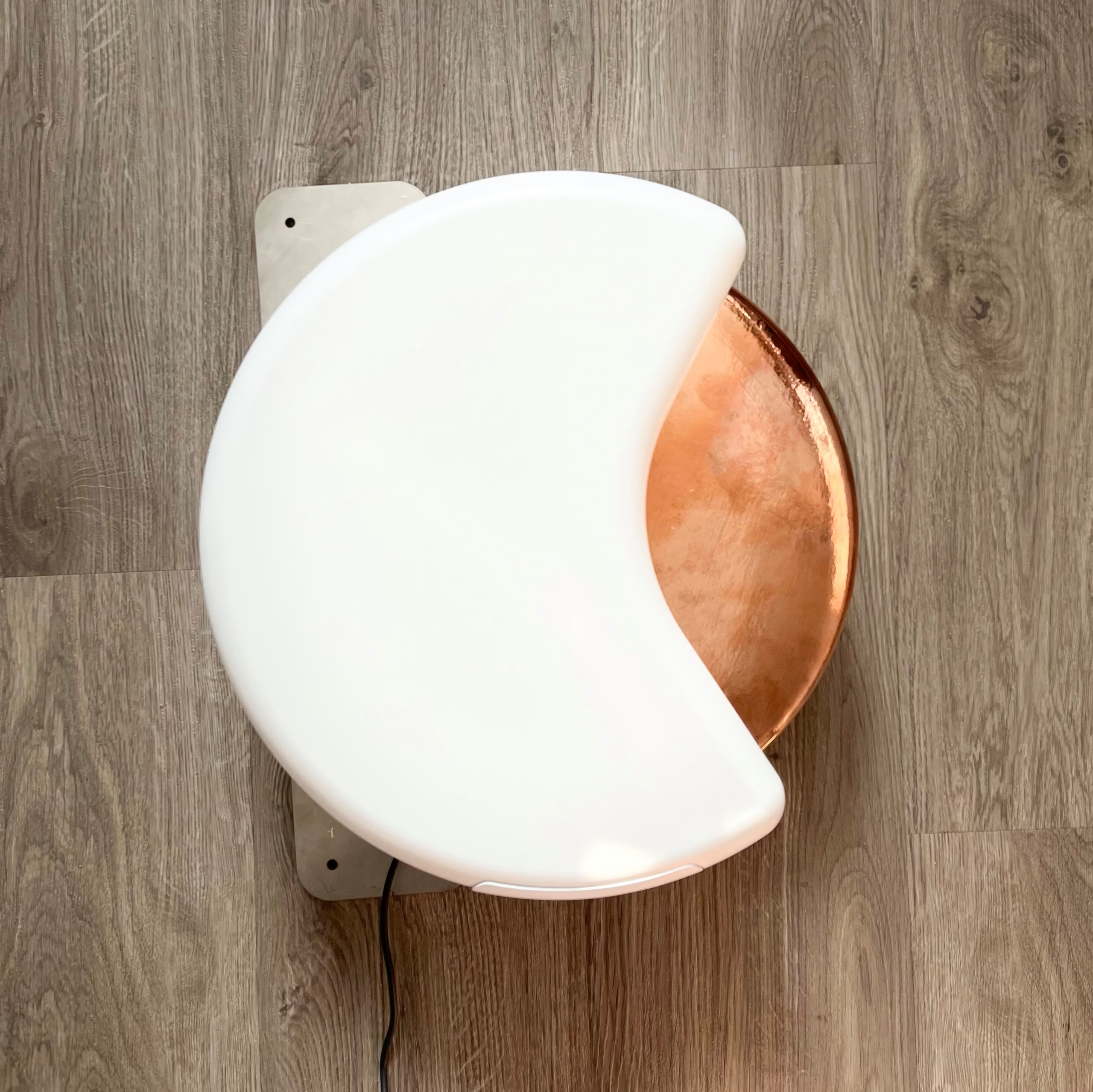When Jamaican university student Rayvon Stewart created a working model for a door handle that disinfects itself after every touch, it was seen as a breakthrough for hospitals, hotels, and other businesses. It offered new ways to fight disease, especially during pandemics like Covid-19.
At a recent launch event, Alison Drayton, assistant secretary-general of CARICOM, called it a “meaningful solution” and a “life-saving design that fits our reality.”
Stewart, now 30, first had the idea at 23 while studying at Jamaica’s University of Technology. He invented the ultra-violet self-sanitising handle, named Xermosol, which he says kills 99.9% of pathogens while being safe for people and animals.
The product is patented under the World Intellectual Property Organisation’s Patent Cooperation Treaty. His work has won Jamaica’s Prime Minister’s National Youth Award and the Commonwealth Health Innovations Award.
Today, Xermosol is celebrated as a sign of the Caribbean’s growing science and tech talent. Drayton called it “a powerful expression of what happens when innovation is rooted in purpose and fuelled by resilience.”
Stewart grew up poor in Mount Prospect, a rural farming area, living with his grandmother. “Even though times were tough, we never really thought about that. We knew we had something to do as a family,” he said. He and his cousin were the first in their family to go to university.
At university, he developed a love for inventing. His first idea was 3D modelling software that let customers try on clothes virtually before buying. Later, while volunteering in a hospital, he saw how much help patients needed and how hard nurses worked. This inspired Xermosol.
Dr Camille-Ann Thoms-Rodriguez, a University of the West Indies consultant microbiologist, said the invention should be used alongside existing World Health Organisation cleaning rules in hospitals, but called it a smart new tool for infection control. “We’re very proud of him,” she said, noting that major healthcare innovations usually come from richer countries.
Kirk-Anthony Hamilton, co-founder of Tech-Beach Retreat, a Caribbean tech platform linking innovators and investors, said more young people in the region want to take on big tech challenges. “They’re seeing what opportunities they’re missing out on,” he said, “and realising they can solve problems far beyond their own country.”
In the wider tech sector, software company BairesDev said applications from Caribbean developers rose 400% between 2020 and 2024. Talent acquisition director Felipe Turra said the Covid pandemic boosted demand for software engineers, and the Caribbean’s language and cultural ties to the US made it an attractive talent pool.
For Stewart, this shift proves “the myth that there isn’t awesome, life-changing technology in the Caribbean” is wrong.
By Editor, August 12, 2025
The St kitts & Nevis Observer
Your Safety Is Our Priority.





Comments are closed